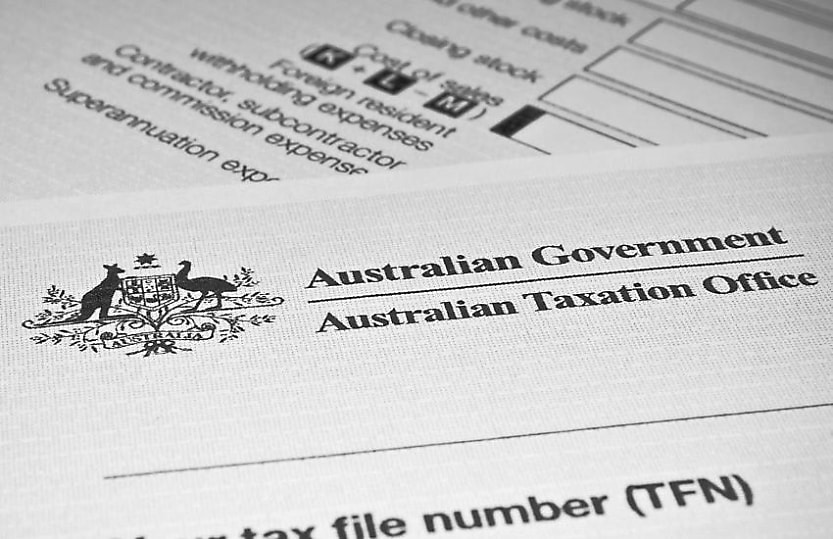Australia’s tax debate is part of a global ‘war on fair taxation’

As their earnings have skyrocketed, the tax bills of the global ultra-wealthy have shrunk, Oxfam says.
For every dollar raised in tax across G20 countries, fewer than eight cents come from taxes on wealth, said Oxfam Australia. Wealth taxes are those levied on personal capital, including taxes on property, inheritance and so on. Income and capital gains taxes are not considered wealth taxes.
The heavy-lifting in tax revenues across G20 countries – which includes Australia, US, UK, Canada, China, and so on - comes from taxes on goods and services, which account for 32.3 per cent of overall tax revenue.
“Taxes on food and other necessities, for example, shift more of the tax burden onto lower-income families,” said Oxfam Australia.
Since 1980, the share of national income going to the top one per cent of earners has increased by 45 per cent while the top tax rates on their incomes have fallen by one-third, said Oxfam Australia.
In Australia, to be considered part of the ‘one percent’ you need to be worth $8.25 million according to research released last year by Knight Frank. This makes Australia’s top one per cent the third richest in the world.
The average top marginal tax rate on personal incomes across G20 countries has fallen from 59.5 per cent in 1980 to 40.4 per cent today. These averages do not include Saudi Arabia or Russia.
“In countries including Brazil, France, Italy, the UK and US, the super-rich pay an effective tax rate lower than the average worker,” said Oxfam Australia.
Global polling data has established a strong appetite among the wealthy for higher wealth taxes. For instance, more than half of the millionaire populations across G20 countries see extreme wealth as a “threat to democracy.”
The findings come amid ongoing debates about Australia’s tax future. As stage three tax cuts crawl through the Senate, many are asking whether the reforms will do enough to serve the country’s lowest earners.
At the same time, some are calling for a more diversified national tax portfolio to alleviate the dependency on personal income taxes. According to the Parliamentary Budget Office (PBO), personal tax has been the federal government’s biggest revenue stream for over 80 years.
“As wages grow, bracket creep increases Australia’s reliance on personal tax even further, so governments have periodically introduced tax cuts to adjust this level of reliance,” said the PBO, adding the stage three tax cuts are “the latest example.”
Senator David Pocock, for example, said: “We are so reliant on personal income tax because we’re not willing to talk about the other areas that we absolutely should be taxing.”
“Last time I checked with Treasury at estimates, offshore LNG projects still hadn’t paid a cent of the petroleum resource rent tax.”
Ahead of the upcoming G20 summit, the host country, Brazil, has announced plans to attempt to forge a global agreement on increased taxes for the ultra-wealthy, according to Oxfam.
“Higher taxes on the wealth and income of the richest could raise the trillions of dollars needed to tackle both inequality and climate breakdown,” said Oxfam Australia
About the author

